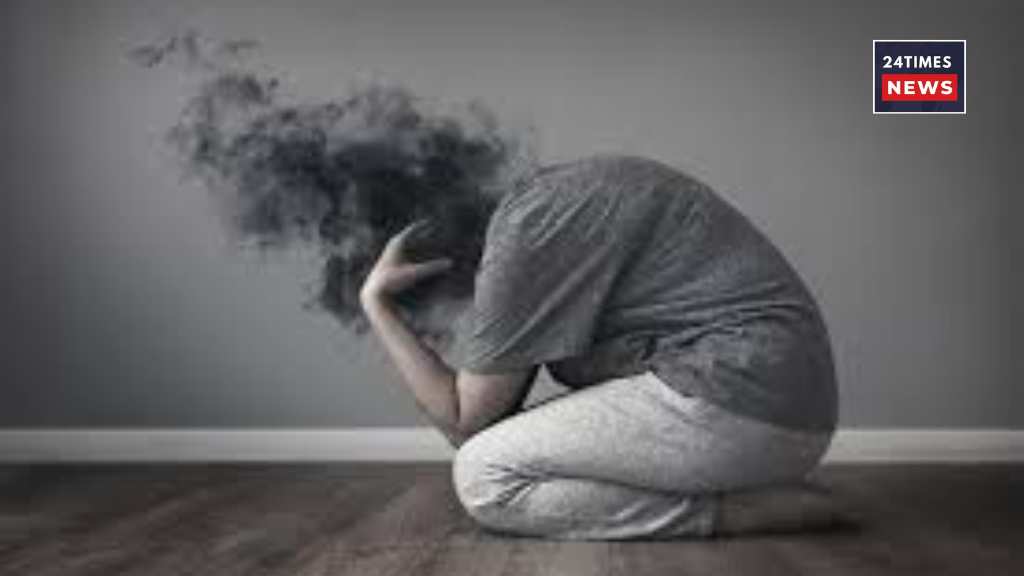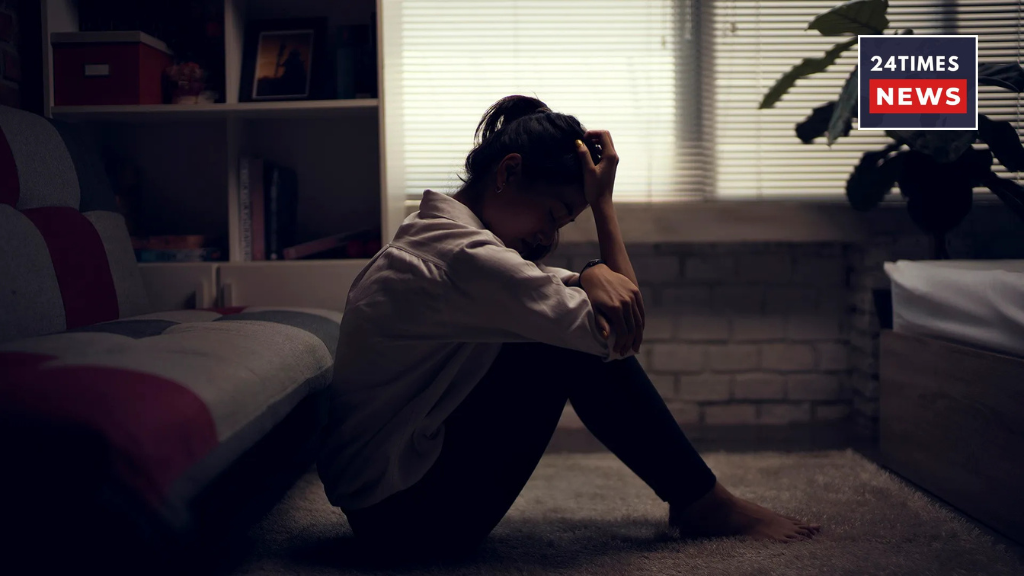Depression
You can find yourself in a scenario where you are at a loss for ideas. When you become angry and feel sorry for it, depression may set in.
What if you’ve been experiencing terrible symptoms for some time? You feel incredibly exhausted, depressed, and somewhat hopeless about your future. You can feel upset or dissatisfied with other people or with yourself. You can believe that you have lost authority over your own life. That may occasionally even cause you to question the value of your life. But there is still hope

Depression is a mood illness characterized by a lingering sense of melancholy and disinterest. It impacts your thoughts, feelings, and behavior and can result in a number of emotional and physical issues. It is also known as major depressive disorder or clinical depression. You could find it difficult to carry out your regular daily tasks, and occasionally you might think life isn’t worth living.
Depression is more than just a bad mood; it’s not a weakness, and you can’t suddenly “snap out” of it. Long-term care may be necessary for depression. Don’t give up, though. Psychotherapy, medication, or both help the majority of persons with depression.
Is a close friend or partner experiencing depression?
The following advice can be helpful if you don’t suffer from depression yourself but are curious about what your significant other or close friend is going through:
Be mindful of the depression. Don’t assume that the other person is acting; they are going through a difficult period.
Find out how you can assist them. There are no prefabricated answers, but by discussing it with one another, you can figure out how you can contribute.

Symptoms
People usually experience several episodes of depression, even if it may only happen once in their lifetime. The following symptoms may be present during these episodes, which last for the majority of the day almost every day:
- Depressive, tearful, empty, or gloomy feelings
- irritation, frustration, or angry outbursts, even over trivial issues
- loss of enjoyment or interest in the majority of everyday activities, including sports, hobbies, and sex
- Sleep disorders, such as excessive sleeping or insomnia
- Lack of energy and fatigue make even simple chores more difficult.
- Weight loss and decreased appetite or weight gain and increased food desires
- Restlessness, agitation, or anxiety
- Slower speech, body language, or thought processes
- Feelings of guilt or unworthiness, obsessing over previous mistakes, or self-blame
- Difficulty focusing, thinking, remembering, and making judgments





